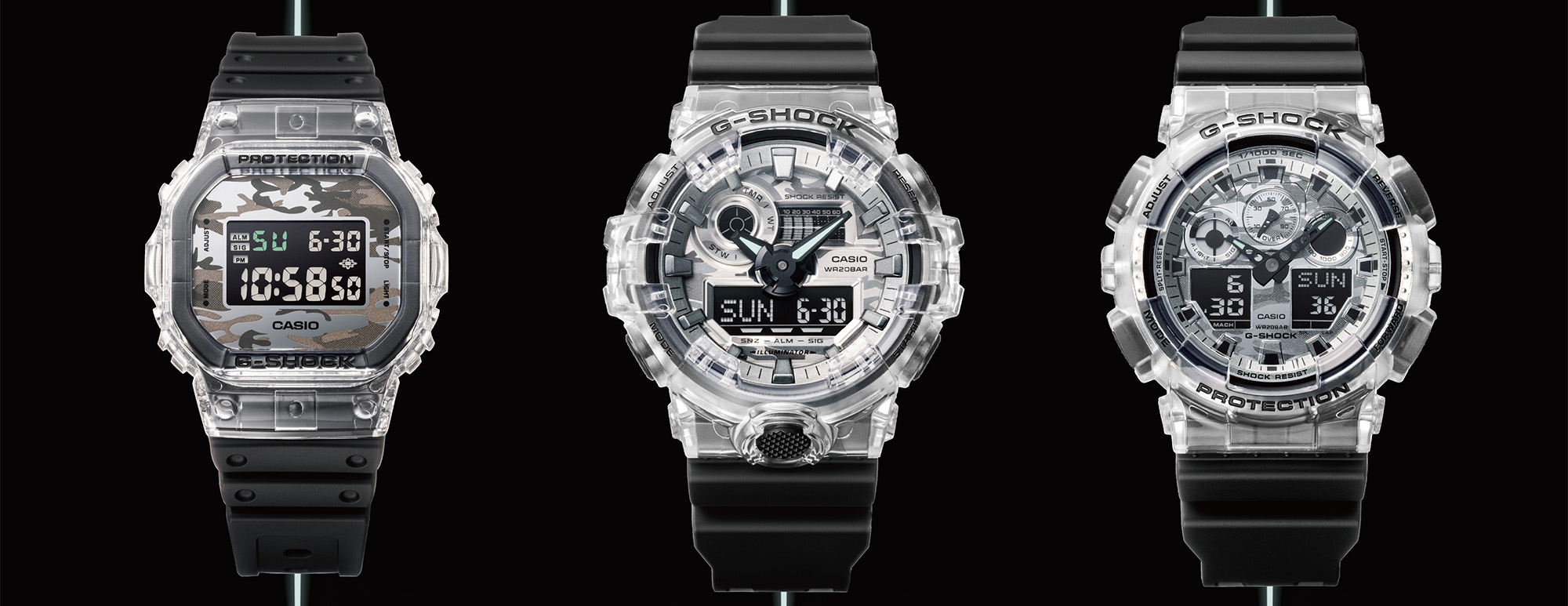Warning: Spoiler Alert for any/all recent re-booted films.
Okay, it’s time for a confession: I wasn’t exactly around during the ‘classic’ blockbuster era. The original Star Wars/Star Trek series, Independence Day, Jaws – and so on – were hitting cinemas as I was barely beginning to take shape as a concept. But it appears I didn’t lose out that much. JJ Abrams’ Star Trek series is already three films in on a brand-spanking-new timeline, the aliens are (surprise surprise) dropping in again for Independence Day: Resurgence, and John Boyega is struggling with his Stormtrooper origins in the latest continuation of the Star Wars series. No Jaws remake in sight, though, but some might argue that’s for the best.
When Star Trek: Into Darkness was released in 2013, I had only just finished watching the 2009 remake, and had been made to sit through Star Trek II: The Wrath of Khan under the guise of “Star Trek Appreciation”. Obviously, my father – like most Trekkies – had predicted that the new timeline would tap into the original series for one of its most (in)famous villains: Khan. While Abrams generally keeps things pretty hush hush with regards to his films, particularly the remakes, news of Benedict Cumberbatch joining the cast was spreading like wildfire by then. People put two and two together.


Amidst understandable controversy over casting Cumberbatch as “Khan” – the villain’s full name is “Khan Noonien Singh” – I actually enjoyed Into Darkness, and honestly can’t wait for Star Trek: Beyond. But scroll down to the comments section of the upcoming film and you’ll be met with row after row of scathing critique, decrying Abrams’ attempts at rebooting the franchise. If you can get past the biting sarcasm, death threats and internet trolls, you’ll get to the main argument: the reboot is far from the original source material…thematically, anyway. Abrams’ use of time-travel to give the new timeline’s “Kirk” a “Chosen One” story has garnered considerable flack, although there are no clear statistics as to how impactful this creative decision has been in terms of ticket sales amongst “original” Trekkies worldwide. Meanwhile, Abrams’ attempts at re-introducing the Star Wars series to millennials drew some praise for his move to create a more racially diverse cast, but the appearance of a black stormtrooper caused such a stir that people were denouncing the film even before it premiered.
We all know it’s impossible to please everyone, particularly when it comes to films, but it’s difficult to discern how to critique remakes. Both Star Trek and Star Wars have kept most of their iconic characters and/or motifs – Star Wars gets a bit more leeway because it’s technically a continuation, not a pure re-make – but that doesn’t seem to have pleased die-hard fans enough. What about even clearer reference points? Well, Into Darkness featured a climactic scene that was practically ripped from the frames of The Wrath of Khan, but people spat at it due to a lack of “originality”, even with its slight twist.


If audiences are so difficult to please, why do people bother with remakes, anyway? Why don’t fans just wait for their favourite “classic” film to be remastered for blu-ray so that they can finally re-live those golden days (except in High Definition, you know)? Well, Hollywood loves formulas. Studios are notorious for milking genres and franchises for every last possible cent. Is it any wonder why the staggering success of the Hunger Games series was quickly followed by a wave of films focused on teenagers fighting against “The System” in a grim, dystopian world? If audiences love something, Hollywood makes sure to ride on that wave of obsession (and crazy-high ticket sales) for as long as it can. Rebooted franchises pose an even greater economic advantage, because they give studios the opportunity to exploit the nostalgia of older fans and the curiosity of younger ones.
But there’s something off about this picture. Following trends isn’t necessarily a bad thing, but if studios become so hard-up for films “everyone has kind of seen before”, filmmakers who prefer to explore different creative options are put at a huge disadvantage. Sticking to a formula also ends up perpetuating that whole #OscarsSoWhite problem: franchises developed much earlier on are typically focused on white, heterosexual male characters and their similarly aligned peers. This means that there’s a lot less room for actors and actresses of various ethnicities and backgrounds to get casted, particularly in roles where they’re not two-dimensional characters used as punchlines. Ironically, studios technically lose out to a wider audience here. Is it any wonder that Abrams’ reboot of Star Wars, with it’s “unconventional” leads, ended up raking in almost two billion USD?
Franchise reboots probably aren’t going to stop any time soon, and there’s nothing wrong with liking them. Film is still an incredibly young art form after all, and it’s difficult and/or rare for something to be completely and truly original. But it’s important for us to think about how rebooted films are meant to be approached, watched and critiqued. Characters might die, rules might change, and themes might shift. So prepare yourself for change.
Or at least ask yourself: do I really want a reboot, or do I just want it remastered?
Featured Image: Star Trek: Into Darkness (2009), dir. JJ Abrams.
All images taken from Star Trek: Into Darkness (2009) and Star Trek II: The Wrath of Khan (1982).











You must be logged in to post a comment.